Space
Sign up for our newsletter
We summarize the week's scientific breakthroughs every Thursday.
-
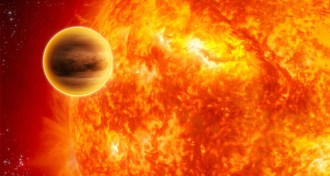 Astronomy
AstronomyYoung exoplanet found nestled close to its star
Scientists have found one of the youngest exoplanets ever, snuggled up close to its star.
-
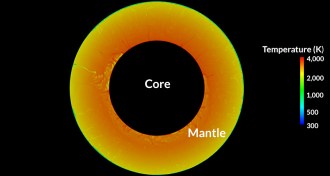 Earth
EarthPlate tectonics just a stage in Earth’s life cycle
Plate tectonics is just a phase in a planet’s lifetime between conditions that are too hot or too cold for the planet-churning mechanism, new simulations suggest.
-
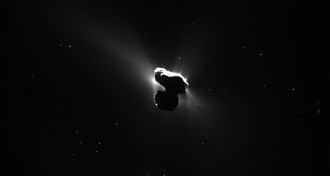 Planetary Science
Planetary ScienceComet 67P carries two ingredients for life: glycine, phosphorus
Two ingredients essential for all life, phosphorus and the amino acid glycine, have been found floating around a comet.
-
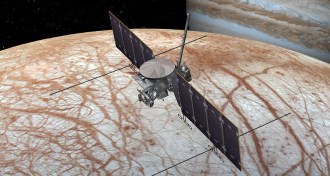 Planetary Science
Planetary ScienceSeismic experiment might reveal thickness of Europa’s ice
Crashing an empty rocket fuel tank into the surface of Jupiter’s icy moon, Europa, could help scientists figure out the thickness of the ice.
By Meghan Rosen -
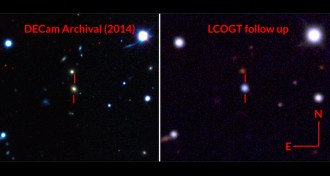 Astronomy
AstronomyReturn of superstar supernova raises doubt about its identity
The brightest supernova on record is back for round two, and might not be a supernova after all.
-
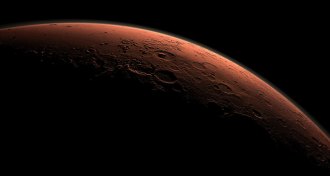 Planetary Science
Planetary ScienceSpace experts say sending humans to Mars worth the risk
At a meeting in Washington, NASA and aerospace reps discuss the hopes and hurdles of landing a crew on Mars by the 2030s.
-
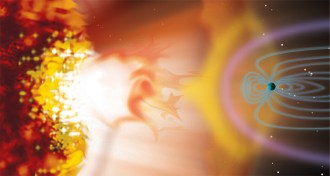 Astronomy
AstronomyYoung sun’s super solar flares helped set early Earth up for life
Super solar flares may have provided early Earth with planet-warming and life-building molecules.
-
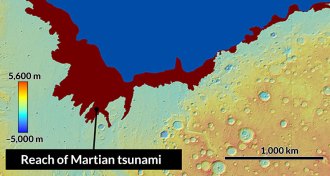 Oceans
OceansAncient tsunamis reshaped Mars’ landscape
Ancient tsunamis generated by meteorite impacts may have reshaped ocean coastlines on Mars.
-
 Health & Medicine
Health & MedicineZika, psychobiotics and more in reader feedback
Readers respond to the April 2, 2016, issue of Science News with thoughts on Zika virus, planetary science, microbes in mental health and more.
-
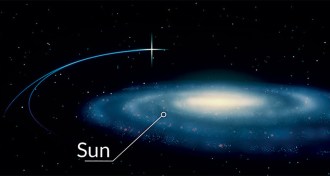 Astronomy
AstronomyFast-moving star duo is heading out of the Milky Way
A pair of hyperfast stars hurtling through a remote region of the Milky Way might have been orphaned after a long-ago galactic collision, a new study suggests.
-
 Astronomy
AstronomyStephen Hawking finds the inner genius in ordinary people
Ordinary people wrestle with big questions in science and philosophy in Genius, a new television series hosted by Stephen Hawking.
-
 Astronomy
AstronomyEarth has nothing on this exoplanet’s lightning storms
Lightning storms far more intense than any on Earth might explain radio waves that once came from a planet 124 light-years away.